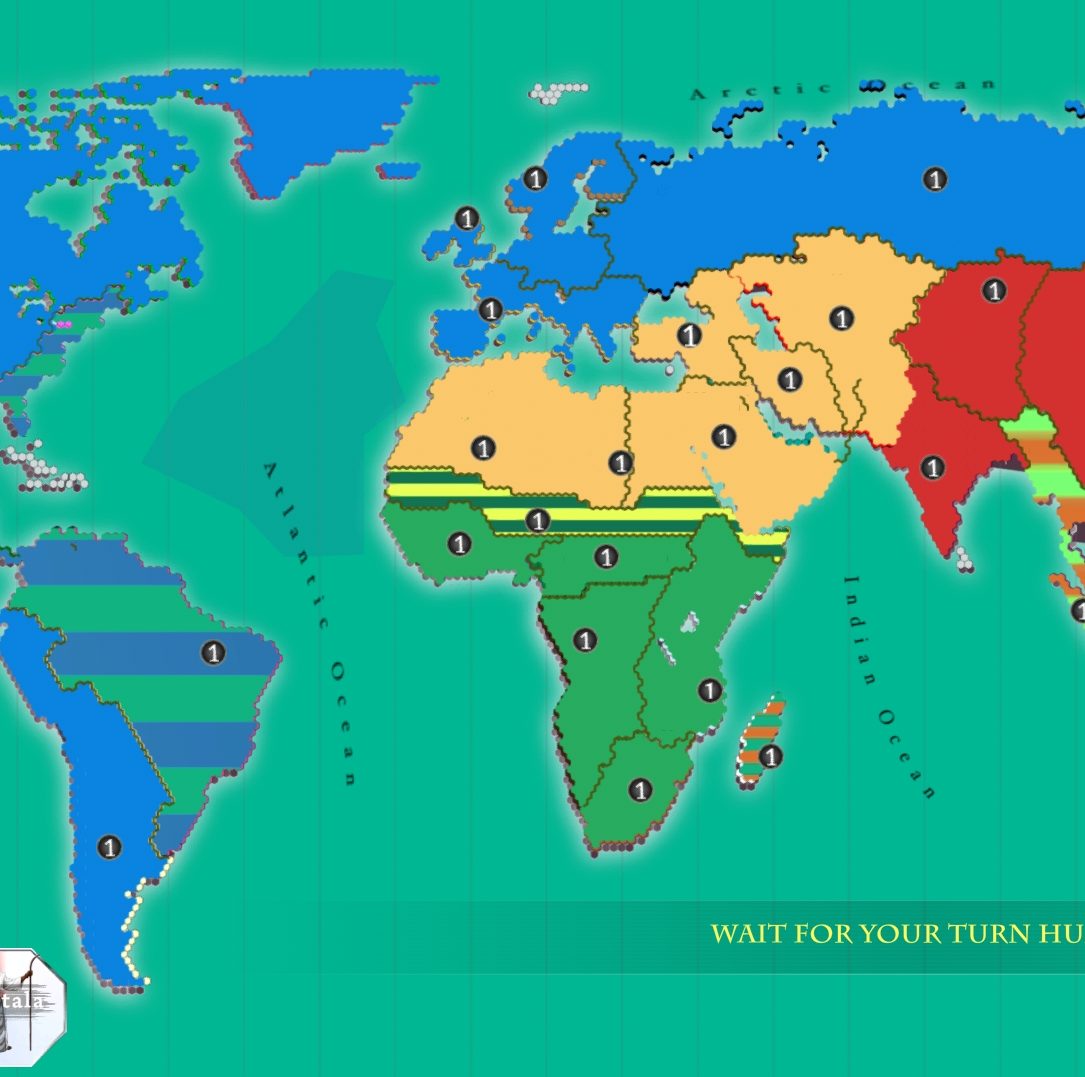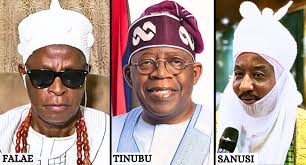Prince Justice Faloye
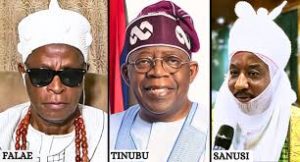
Just as medical doctors roles are statutorily separated from that of Nurses in treating the human body, so should the role of an Economist be distinguished from accountants/financial and business administrators, especially since the 1940s postwar introduction of macroeconomics, economic planning, management and development. Economists have the fullest overview of the economy since economic profit includes both explicit and implicit costs and benefits, historic and opportunity costs, while the accountant profit is based only on explicit costs and benefits. Therefore Economists better understand the Economy than accountants.
Currently our economy is in the hands of accountants cum financial experts, President Tinubu and CBN Governor Cardoso, who appear not to have a good understanding of our economy. Listening to HRM Oba Olu Falae, it was a pleasure to hear someone point out to the government that it was wrong to reduce money supply to counter the current hyper-inflation, because what we are experiencing is not demand pull inflation due to too much money chasing too little goods and services, but is cost push inflation due to the removal of fuel subsidies and devaluation.
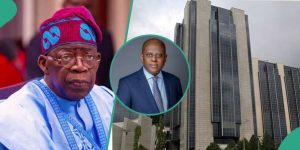
When Oba Olu Falae went on to support the removal of subsidies, it occured to me that he was actually the father of neo-liberal economic policies in Nigeria, being the one that accepted and sold IMF conditionalities to us in the Eighties during Babaginda’s regime. If not being dogmatic, with the benefit of 40 years hindsight during which the policies woefully failed in all 66 Black African and Caribbean countries that implemented it, how could Oba Falae possibly justify the removal of energy subsidies from an economy whose 90% of its production was driven by fossil fuels. The International Energy Agency showed that the global average of fossil fuel subsidies to the economy was about 7.1% while that of Nigeria was about 2% – $10b subsidies to $500b GDP.
Not only do nations pay billions in energy subsidies, they spend billions to go to war to keep their energy costs down, to make their economy competitive. Most of the wars in the last fifty years, especially the Iraq and Libya wars were over oil reserves. If not coloniality of economics and ecology, based on a slave master relationship, how could Falae and Neocolonial Economists accept removing subsidies as dictated by the Western Powers, when the USA through its Inflation Reduction Act provided over $300 billion for fuel subsidies and the UK spends a whooping 23% of its government expenditures on all subsidies? Subsidies are not only limited to cash infusions but the development of economic liberating infrastructure to reduce production costs in the economy.
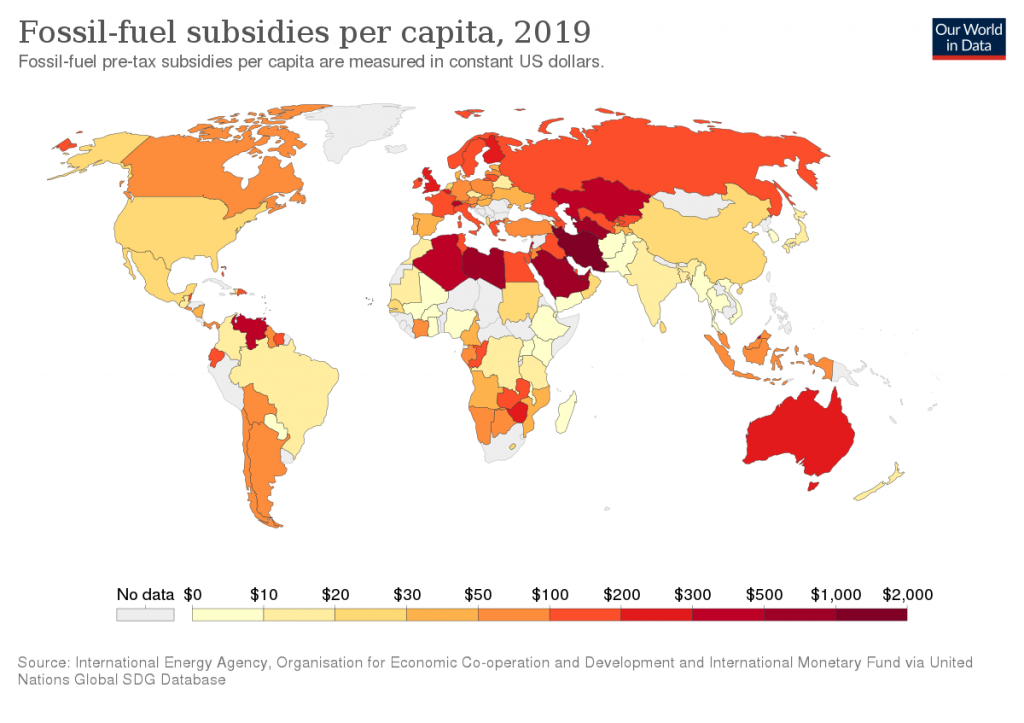
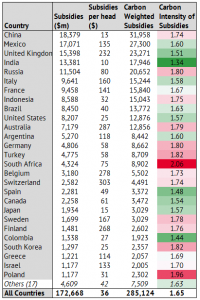
There is an 84 year Shango cycle of socioeconomic justice, the last three cycles being 1770s break of Europe monachial strangehold on African slavery with the US independence, as well as in Oyo Alaafin Abiodun versus Bashorun Gaa: the 1860s US Civil War against slavery economics and Lagos colonization and spread of colonial economics; the 1930s/40s introduction of Keynesian economics, economic planning and subsides after the 2nd colonial world war, and now the unfolding post Corona World economics.
Over the last few decades, from Margeret Thatcher and Reagan following the Chicago School of Economics in the Eighties, to Newt Gringrich Republican movement in the Nineties, the noise has been to cut subsidies and welfare systems, but UK/USA and other Western nations politicians dare not, for the fear of anarchy and revolution. National planning, macroeconomics and subsidies came about in Western nations after World War Two to prevent the spread of the Post World War 1 revolutions of Russia and Eastern Europe to the West. So the West knows that production and consumption subsidies were necessary, and it was the spending by the government of money they didn’t have that saved their capitalism from becoming communism like in Russia.
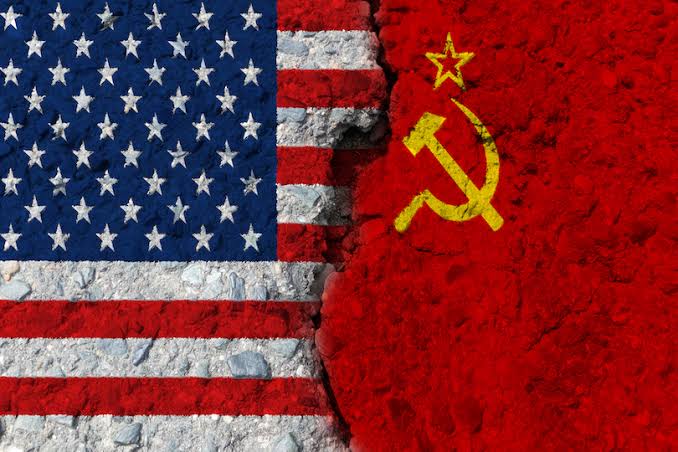


There are accusations of racism that Western government intervention and subsidies only became a problem after majority of Whites had been served and uplifted, but the door was shut against the Blacks in Western nations and Black African and Caribbean nations to prevent racial economic parity. The same IMF and World Bank that paid huge housing, employment and energy through the Marshall Plan to uplift Whites after WW2 are the ones pushing for removal of production and consumption subsidies from poor Blacks. Unfortunately, the ‘masta are we sick’ slave mentality of our neocolonist African political class, who don’t know the economic history of subsidies economic, have gone ahead with the illogical and racist neo-liberal economic policies applied only to Africans, that have continued to drag us into economic quagmires that widen and tighten our poverty trap, and would ultimately lead to revolution..
It is becoming apparent that the underdevelopment of our economy was not only due to corruption as most laymen allege, but the lack of appropriate policies due to the coloniality of knowledge and power sources. Our leaders simply don’t have the knowledge to promote our economy from a colonially structured economy to an advanced industrialized economy. Like our historians teaching us Mungo Park discovering our ancestors and can’t adequately articulate our history as a civilization beyond 500 years ago when DNA shows we have existed for 89,000yrs. Nor can our engineers build engines nor steel Mills, despite the fact that our ancestors started iron working since 2000BC in Lejja Nsukka.
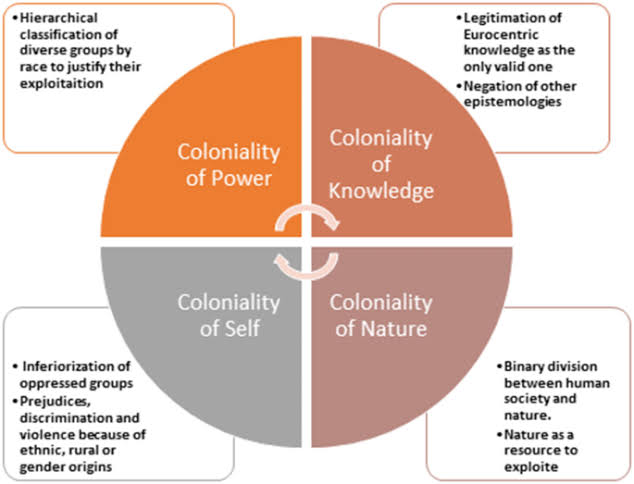
Subsidies have huge multiplier effects on the economy, but our Economists only focused on the consumption and not production of the economy. Our psuedo elites look down on the masses like our White slavemasters look down on African slaves? How dare you ask for subsidies, butter no be monkey food! Isn’t it plain common sense that when you withdraw money from the economy, it contracts and not expand? To compound our economic problems instead of reflating our economy, it is being further deflated with government induced cash scarcity.
Going through all the manifestos in the last election and all the way back to Seventies Operation Feed the Nation, Eighties Green Revolution, one will notice that our governments were locked into a slave plantation economics model, which promised the slave of heaven on Earth if he can increase his production of agriculture goods. It is a racist insult when we talk of high unemployment and the psuedo elites say we should send the unemployed back to the farms, while their own youth go to industrialized areas. You will never ever hear a White politician advocate sending his people back to farms to resolve high unemployment.
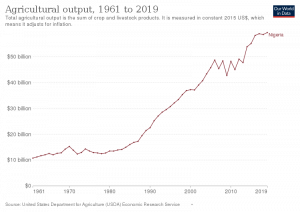
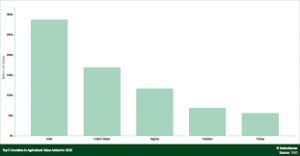
Nigeria has focused so much on agriculture to the point that it has the world’s fifth highest value added agriculture of $113.1 billion, behind Brazil’s $130.82 billion, Indonesia $163.56 billion, India $562.55 billion and China $1.31 trillion. Yet, agriculture doesn’t have enough multiplier effects to provide employment for the teeming millions of unemployed youth. It is a fallacy that agriculture and agro-allied industries will lead to full employment and heavy industrialization. In practise, all agriculture leads to is light processing industries. If you produce fruits or yams, vertical integration can only lead to producing yam chips and fruit juices, not cars and heavy machinery. Every industrialized nation started industrialization from railways because it is the largest production unit of iron and chemicals, whose byproducts and multiplier effects will be other industries that use iron and chemicals. Generally, agriculture has employment multiplier effects of about 2 jobs to one agricultural job created while railways have about 20 jobs through the economy.
Falae wrongly proposed that an increase in energy production will lead to industrialization, while in practice it is industrialization that leads to increased electricity, as necessity is the mother of invention. Electricity production can only increase the existing production, in our case light processing industries, 24-7 retailing and hospitality business, but nobody will go out to build railways or manufacturing units because of excess electricity capacity. Building railways is what will mandate the increase in production of energy to run it. The use and service of railway engines will bring about the local production of engines for not only railcars but consumer cars and other engines. Its iron works will also give birth to other uses of iron since the overhead costs will be shouldered by the railway and shared among other iron production. The same thing with the chemicals, glass and plastics whose large scale production can be used for other by-products. Yet our Economists remain mentally conditioned to slave plantation economics, telling our people like runaway slaves to go back to the slave plantation.

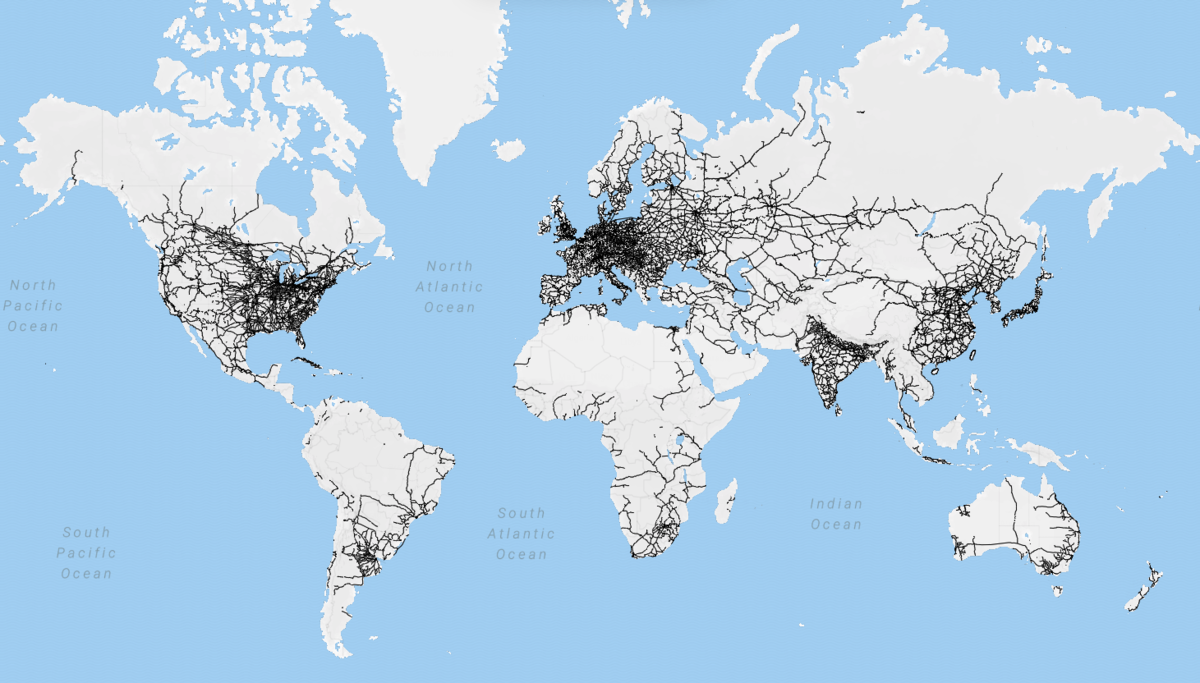
The global decoloniality movement is gaining traction across the Global South, after it has been realized that decolonization was a political movement against colonialism, but the vestiges of colonialism remained intact as Neocolonization due to coloniality. There is coloniality of knowledge sources whereby we follow Western knowledge sources blindly, and also lack the knowledge base to adapt imported knowledge since our traditional knowledge systems had been denigrated and derailed in a process known as epistemicide. An example is the labelling of Esu, the key to our African Information Retrieval System as Satan, or the case of Igbos, the indigenous African production center, where Ekwensu, the essence of iron, demonized as Satan.
In addition to the coloniality of knowledge sources, we also have coloniality of power sources whereby our academic, cultural and sociopolitical leadership are acknowledged and empowered by the Western Powers. Three month management course in Harvard are valued higher than a PhD from African universities. Therefore it is not only Economists and politicians but all professions that mimic our slave masters voices for empowerment. There is also coloniality of self whereby our identity, aspirations and consumer habits are conditioned by the Western colonial powers media, religion and opinions. Lastly, we have coloniality of ecology and economics whereby what we produce, what we subsidize or not, our collective economic aspirations are influenced and even dictated by the Western Powers.
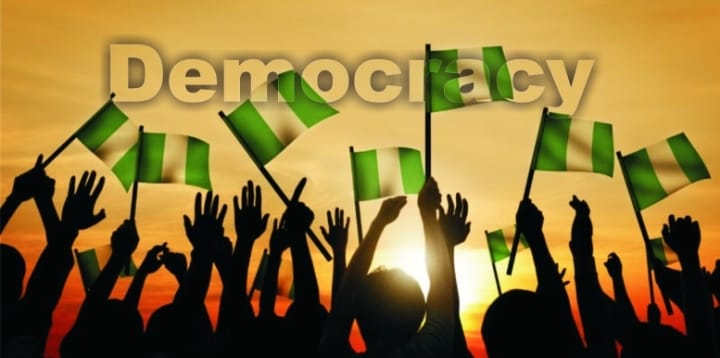

If we don’t pay attention to these forms of coloniality and push a decoloniality movement, the best intentioned government will fail to economically and politically uplift the people. The only nation to break the racist neo-liberal economic stranglehold has been Brazil, whose self educated President Lula DaSilva went against Western advice and increased both consumer and production subsidies that gave producers the advantage of producing more at lower costs and consumers more surplus to patronize local production, resulting in Brazil being propelled into the sixth largest economy in the world. Unfortunately, his decoloniality of economics was later sabotaged during the mid-2010s with coloniality of knowledge and power sources through the Western intelligence agencies that sponsored corruption propaganda to remove the leadership in Brazil, Nigeria, Ghana and other Black nations.
We are ending the 165yr Olokun cycle of consciousness of coloniality that started in 1860s, during which we fought two Shango 84yr cycles of socioeconomic justice – decolonization and now decoloniality. We must train a decolonial generation/regime, not only equipped with decoloniality of economics but all other forms of decoloniality to fight the neocolonial resistance across various spheres – self (tribalism), knowledge (propaganda), power (sabotage by Neocolonial guard).
